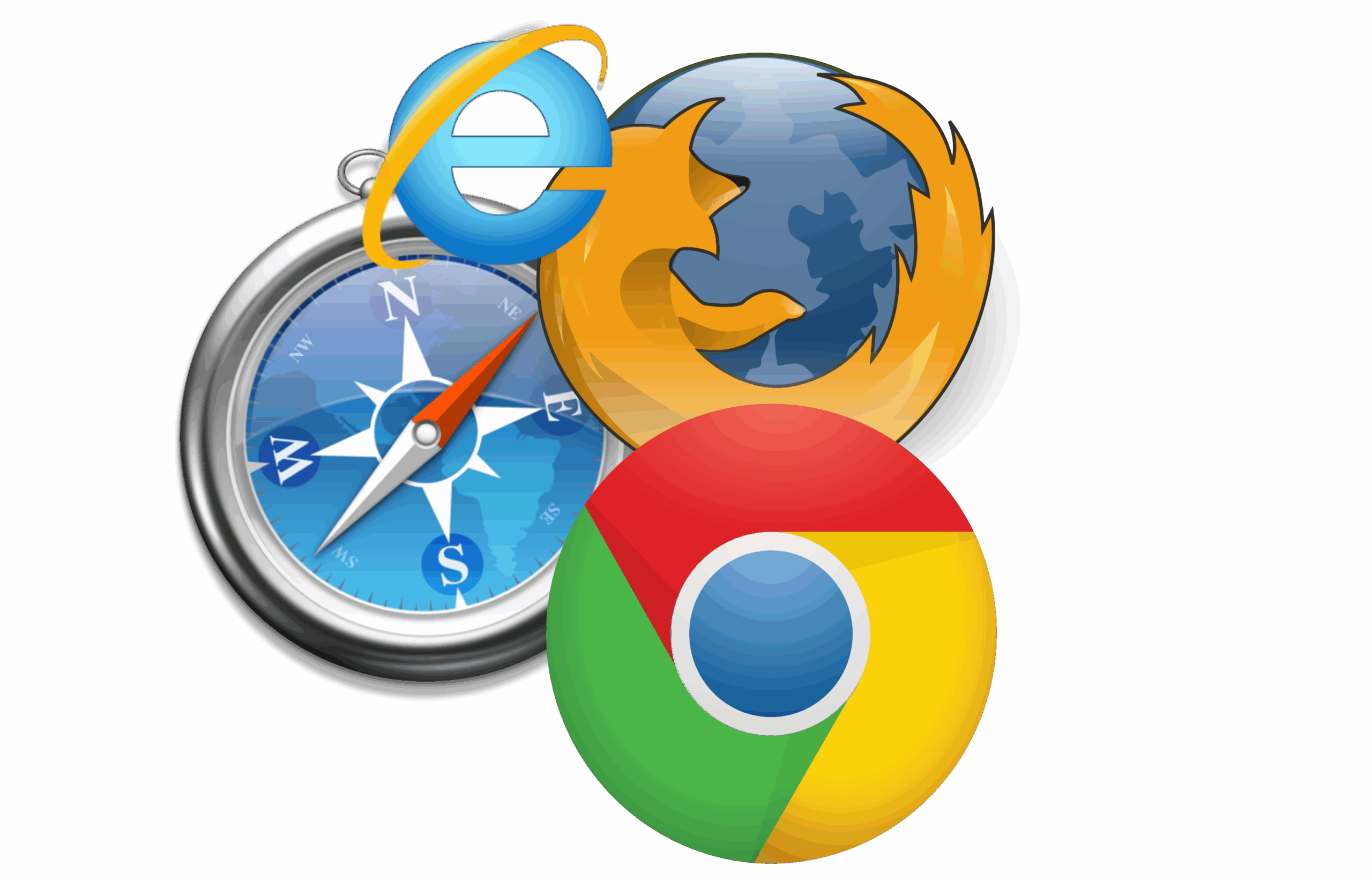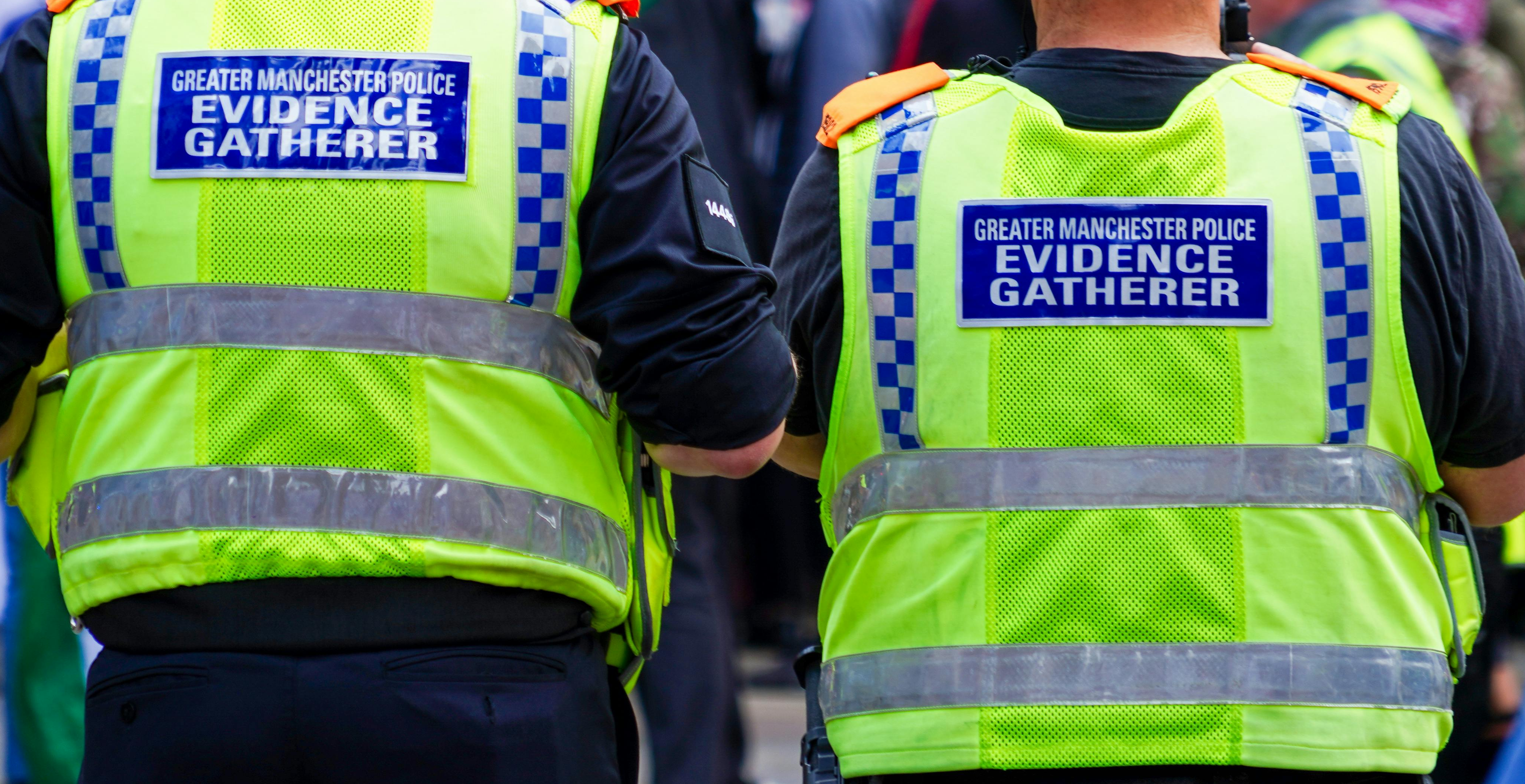The newly appointed exchequer secretary and chair of the HMRC board told the department’s external stakeholders that he will cooperate with them in delivering new digital services and infrastructure upgrades
By the end of this decade, HM Revenue and Customs “will be an agile department, with modern IT infrastructure”, a minister has asserted.
In a speech to the annual HMRC conference this week, recently appointed exchequer secretary to the Treasury Dan Tomlinson outlined a range of new digital services to be launched by the department over coming months and years, as well as upgrades to its tech estate. Under changes made by the incoming Labour administration last year – and criticised for politicising a previously non-ministerial department – Tomlinson’s new role also comes with the responsibility of chairing HMRC’s board.
He told attendees of the stakeholder event that his overarching focus would be “challenging the organisation to follow through on its transformation plans”.
This reform – supported by a rise in HMRC’s annual budget from £6bn now to £7bn by 2030 – is intended to help government bring an extra £7.5bn in revenues each year, while also modernising the overall tax system and improving customer-service levels.
The latter target was described by Tomlinson as “government’s first priority for HMRC”.
Recent progress towards delivering this objective includes growing the user base of the HMRC app by 1.2 million in the past six months, according to the minister. He added that “three quarters of all customer interactions with HMRC now happen through digital self-serve” – an apparent rise from the 70% figure quoted in the recent spending review, in which the department was awarded £500m to invest in driving this proportion up to 90% by the end of the decade.
During that time, the tax agency will add new digital services for PAYE taxpayers, as well as “a new Digital Disclosure Service for customers and intermediaries to correct mistakes and pay liabilities and penalties”.
Beginning in April, tax advisers making submissions to HMRC on behalf of clients will be required to complete a registration process – a change which is being “backed with an investment of £36m to establish a single digital registration service for practitioners”.
Related content
- Digital doyen Bracken resigns from HMRC board as department recruits for four new directors
- HMRC pegs IT contract spending at £1.6bn a year and targets move away from ‘legacy service integrators’
- ‘Dinosaur’ – MPs’ report calls for urgent HMRC modernisation
“We’re also enhancing digital services at the border such as the Customs Declaration Service, and launching a new AI service for the Online Trade Tariff – helping importers and exporters including SMEs to trade internationally and grow, with bespoke support to help them to easily understand their obligations,” Tomlinson added. “And we’re modernising the UK’s excise system, removing outdated policies and manual processes and replacing them with smarter, more efficient systems. This transformation is about more than just technology—it’s about collaboration. These improvements show how we’re working closely with industry to deliver change that is ambitious, practical, and sustainable.”
All these developments will be guided by a recently published department Transformation Roadmap, which sets out plans for upgrades to services and tech architecture over the next five years. These ambitions will be funded by the £500m set out in the spending review which represents “a major step towards becoming a truly digital-first organisation”, according to Tomlinson.
“HMRC is making strong progress to future-proof, modernise and secure its IT estate, using fewer, more efficient and cost-effective platforms to build and adapt IT products more quickly,” he added. “All of this means that, by 2030, HMRC will be an agile department, with modern IT infrastructure, robust data capabilities, and more innovative technology including AI – with the right guardrails and oversight in place.”
Addressing a roomful of external stakeholders – such as representatives of industry bodies and civil society – the exchequer secretary told them that “I’m committed to HMRC working in partnership with you”.
“That means more co-creation, more transparency, and more opportunities for you, our stakeholders, to share best practice and to challenge us on delivery,” he said. “My commitment today is that HMRC will approach its discussions with transparency and a willingness to listen to your ideas and work through their implications in a spirit of collaboration.”




